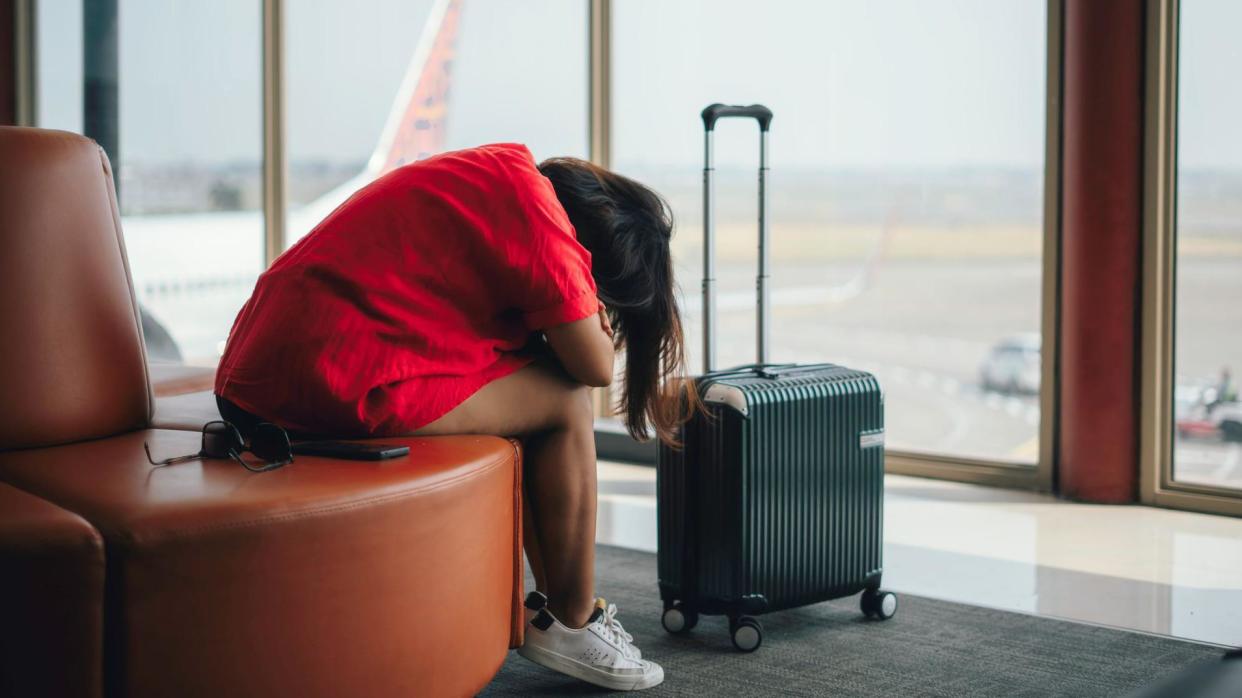Air traffic meltdown boss defends staff working from home

The boss of the UK's air traffic services provider has defended engineers who work from home, in evidence presented to MPs about major flight disruption last summer.
The CEO of National Air Traffic Services (Nats) Martin Rolfe insisted the ability to problem solve remotely when called upon was "a bonus".
Mr Rolfe argued last year's outage would have been worse without its software.
There was air traffic chaos last August Bank Holiday Monday when flights ground to a halt in and out of the UK and an on-call senior engineer took more than 90 minutes to reach the office.
The major technical failure disrupted flight plans for almost 750,000 passengers last summer.
Low-cost airline Ryanair levied particularly strong criticism at Nats in the aftermath of the August incident. Its boss Michael O'Leary accused engineers of "sitting at home in their pyjamas".
However, speaking to the Transport Committee on Tuesday about what Nats had done to make its systems resilient, Mr Rolfe defended his organisation's staffing arrangements.
He said it operated a "very similar model to almost all of the rest of critical national infrastructure".
He added that there were always engineers on site to solve problems, but more expert "design engineers" were needed for particularly complex issues.
Mr Rolfe said they were generally in the office during the week but could be on-call outside of normal working hours.
He insisted the situation last August "would have been worse" without remote working technology.
"We would have had to get them physically in immediately. Now we have the ability for them to log on appropriately and securely, remotely," he said.
"In many cases, they fix the problem much more quickly than if they had to come into the office outside of normal hours. It's an absolute advancement in how we deal with these things".
Industry rehearsal
Another point made in a recent interim report by an independent panel (commissioned by the Civil Aviation Authority) was the lack of "any multi-agency rehearsal of the management of an incident of this nature and scale".
Mr Rolfe told the committee hearing that Nats wanted to lead an industry-wide "practice run" for a disruption scenario, but this would not happen until after the peak summer period.
The panel's final report and recommendations are expected later this year.

